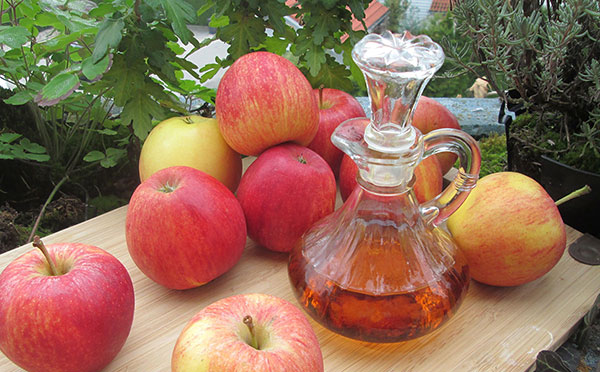Season 1, Episode 7
Why Don't We Mind Glyphosate in Our Food?
Few herbicides are vilified as much as Roundup (glyphosate); is the fear justified?
Glyphosate is the one of the most maligned agricultural products in history. So why don't we mind having it in our food?
If I say Glyphosate, Roundup, and Monsanto, I've just said the three most hated and feared words in foodie culture. Glyphosate is the active ingredient in Roundup, the herbicide produced by Monsanto (now Bayer). Fear of contamination by glyphosate has driven more activism and demands for retesting than anything else in the history of modern agriculture. Why? Because the numbers are alarming.
The number of people killed by eating food contaminated with glyphosate is... zero.
The number of people sickened by eating food contaminated with glyphosate is... zero.
The number of cases of future cancer and other illnesses caused by eating food contaminated with glyphosate is... zero.
That's right, normal use of glyphosate has never been shown to hurt anyone, and we don't expect it to. That's why it's the world's most popular herbicide, and that's why it's been approved for use by every significant regulatory body worldwide.
Roundup works by inhibiting an enzyme in plants called EPSP synthase, blocking the plant's ability to synthesize three essential amino acids. Humans and animals don't have this enzyme, so there's nothing in our bodies for glyphosate to interact with. Thus, it's inert, and it passes right through.
I'm not saying you should drink a glass of it. You also shouldn't drink shampoo, even though that's so safe you pour it all over your head every day. Used normally, both are universally considered safe.
Much of the controversy comes from the fact that the World Health Organization's IARC has glyphosate listed as a Group 2A compound, often described as a probable carcinogen. But there are good reasons scientists have been very critical of this list. It creates needless health scares without any good evidence. Group 2A is defined as compounds for which "limited or insufficient evidence" exists to classify them as carcinogenic. Other things in the same classification as glyphosate include working as a barber, hot drinks, bacon, working a late shift, steroids, and art glass.
But even inside the World Health Organization, the IARC finding is an outlier. Their other three risk assessment programs all agree that glyphosate does not present any cancer or other health risk.
So enjoy the fact that your produce came from a farm free of weeds. Rinse it — as you always should anyway — and serve it up on a nice art glass plate.
References
Editors. "Is glyphosate (Roundup) dangerous?"Genetic Literacy Project.Science Literacy Project, 12 Apr. 2016. Web. 16 May. 2019. <https://gmo.geneticliteracyproject.org/FAQ/is-glyphosate-roundup-dangerous/>
Henderson, A., Gervais, J., Luukinen, B., Buhl, K., Stone, D., Cross, A., Jenkins, J. "Glyphosate Fact Sheet."National Pesticide Information Center.Oregon State University Extension Services, 1 Jan. 2010. Web. 16 May. 2019. <http://npic.orst.edu/factsheets/glyphogen.html>
Kelland, K. "Special Report: How the World Health Organization's cancer agency confuses consumers."Reuters. Thomson Reuters, 16 Apr. 2016. Web. 16 May. 2019. <https://www.reuters.com/article/us-health-who-iarc-special-report-idUSKCN0XF0RF>
Musgrave, I. "Stop worrying and trust the evidence: it's very unlikely Roundup causes cancer."Health + Medicine. The Conversation, 8 Oct. 2018. Web. 16 May. 2019. <https://theconversation.com/stop-worrying-and-trust-the-evidence-its-very-unlikely-roundup-causes-cancer-104554>
Neal, J., Senesac, A. "Are There Alternatives to Glyphosate for Weed Control in Landscapes?"NC State Extension Publications.NC State University, 2 Oct. 2018. Web. 16 May. 2019. <https://content.ces.ncsu.edu/are-there-alternatives-to-glyphosate-for-weed-control-in-landscapes>




